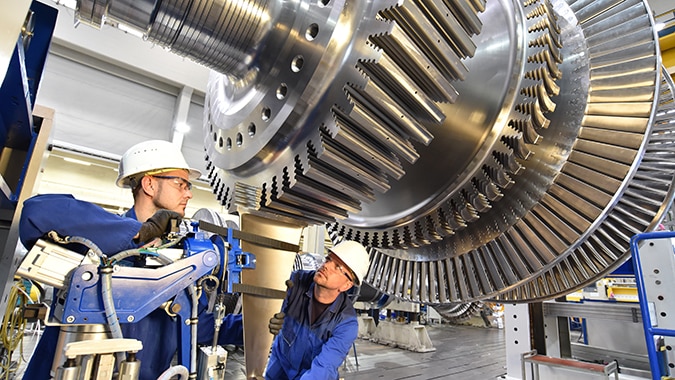NAM: 6M Jobs at Stake if Pro-Business Tax Cuts Expire in 2025

Failing to preserve pro-business tax policies enacted as part of the 2017 federal tax reform will cost the U.S. economy nearly 6 million jobs, according to research released by the National Association of Manufacturers on Tuesday.
NAM said report from the global accounting firm Ernst & Young (EY) projects that if Congress fails to extend the tax cuts that were enacted during the first Trump administration and scheduled to expire at the end of this year, it will cost the U.S. economy more than $1 trillion. The manufacturing industry will bear the brunt of this economic damage.
“The time to act is now. Millions of American workers are depending on the manufacturing sector to continue driving America forward,” said NAM President and CEO Jay Timmons.
“Pro-growth tax policies from President Trump’s 2017 tax reforms were rocket fuel for manufacturers and made the U.S. economy more competitive on a global scale,” Timmons said. “Manufacturers kept our promises to create jobs, raise wages and benefits and invest in our community. By acting now, policymakers can choose economic growth over economic disaster and protect American livelihoods.”
In New Jersey, which is home to more than 7,000 manufacturers, the impact could be substantial with an estimated loss of $31.9 billion in economic output if the 2017 tax cuts expire, according to NAM. The report said 162,000 New Jersey jobs are at stake.
The national impact would be 5.9 million lost jobs, $540 billion in lost wages and $1.089 trillion in lost GDP. The impact on the U.S. manufacturing industry specifically would be 1.137 million jobs lost, $126 billion in lost wages, and $248 billion in lost GDP.
NAM said that if provisions of the 2017 Tax Cuts and Jobs Act are allowed to expire, U.S. manufacturers would face:
- Higher taxes on pass-through businesses and family-owned firms;
- Increased costs for R&D, capital equipment purchases and business loans;
- An uncompetitive international tax regime that disincentivizes investment in the U.S. and hampers manufacturers’ ability to compete on the world stage.
In 2018, the first year after tax reform’s enactment, manufacturing experienced the best year for job creation in 21 years and the best year for wage growth in 15 years, NAM said. Similarly, manufacturing capital spending grew 4.5% and 5.7% in 2018 and 2019, respectively.
Manufacturers have used the savings from tax reform to grow their businesses, create jobs, raise wages, add new benefits for employees, fund R&D, purchase new equipment, expand their facilities, and invest in their communities, NAM said. When manufacturing grows, the economy grows. Correspondingly, when manufacturers experience tax increases, the economy suffers, NAM said.
A summary of the research can be found here.
Related
A top recruiter says sports marketing roles are hot right…
Jobs are opening up in the sports industry as teams expand and money flows into the industry.Excel Search &
Public employees and the private job market: Where will fired…
Fired federal workers are looking at what their futures hold. One question that's come up: Can they find similar salaries and benefits in the private sector?
Mortgage and refinance rates today, March 8, 2025: Rates fall…
After two days of increases, mortgage rates are back down again today. According to Zillow, the average 30-year fixed rate has decreased by four basis points t
U.S. economy adds jobs as federal layoffs and rising unemployment…
Julia Coronado: I think it's too early to say that the U.S. is heading to a recession. Certainly, we have seen the U.S. just continue t










